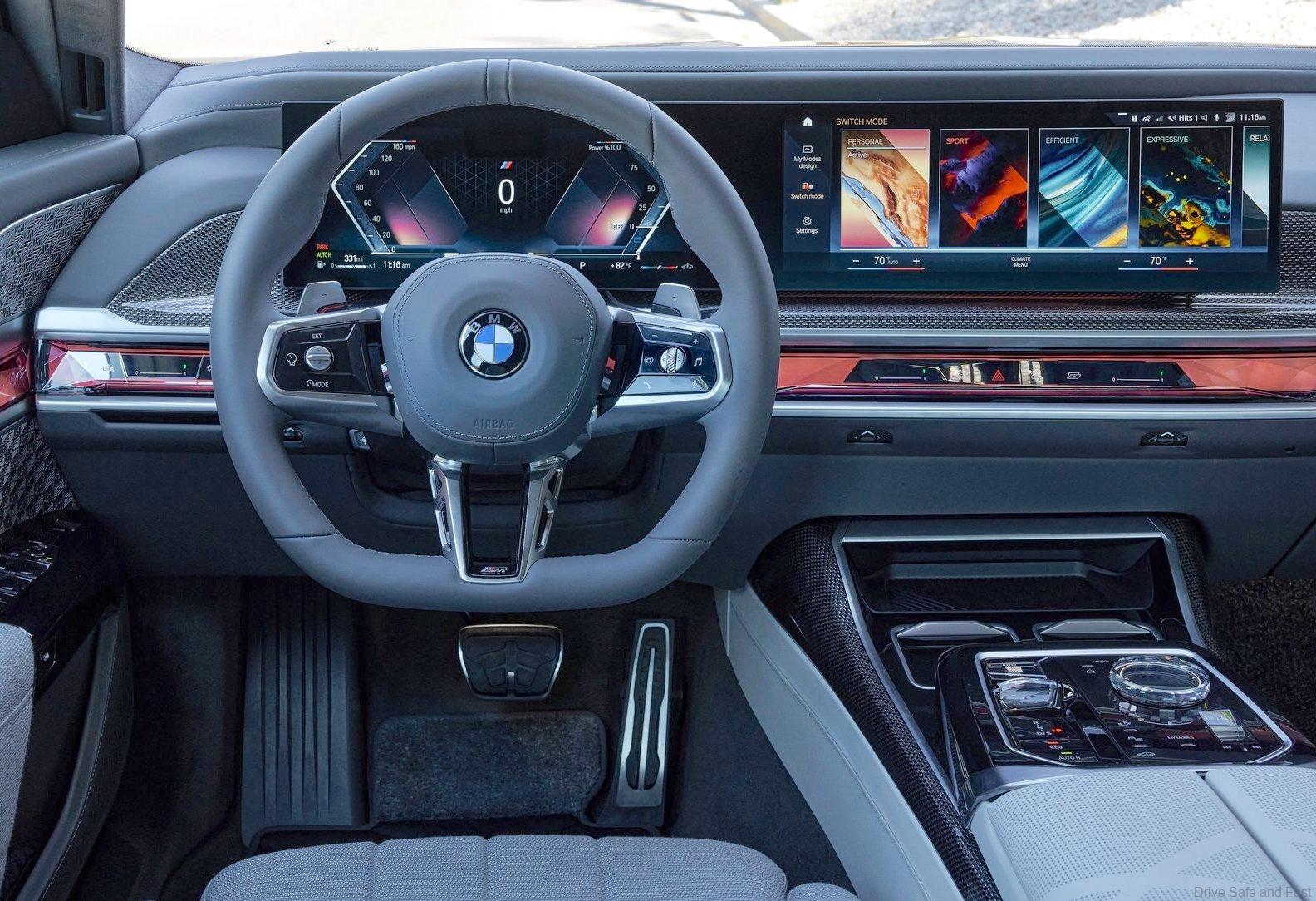This strike is at the German port of Bremerhaven
The Port of Bremerhaven, the main roll on/roll off port in Germany, is one of the largest automobile hubs in the world. The port is unfortunately undergoing a gridlock due to a lack of drivers to move containers and cars out of the port which has led to a vehicle pileup from automakers such as Tesla, Stellantis, BMW, Renault and Volvo.

Logistics managers even described the export delays as detrimental and Andreas Braun, regional director of ocean product, EMEA, for Crane Worldwide Logistics stated, “These delays are massive. There is a three-month delay for BMW, where cars sit in yards waiting to be fitted with extras, especially with the iDrive touch controller.”
Moreover, Bremerhaven is the fourth largest container ship port in Europe and has an annual capacity of over 5 million twenty-foot equivalent unit (TEU) containers. This port also moves over 1.7 million vehicles every year and according to CNBC, the overall congestion level of the port is moderate.
On top of that, there is a severe shortage of H&H (high and heavy) cargo drivers to move automobiles and not enough ocean vehicle carriers currently at the Port of Bremerhaven. Also, a large amount of terminal space on the port which is usually reserved for operators is being used for Military exercises.
These factors have inadvertently caused shipping line, Wallenius Wilhelmsen, to refuse export bookings to the U.S for October and November. They may continue to refuse export bookings even in December if waiting times do not show any signs of improvement. Stretched vessel capacity and labour constraints also make this worse.

Delphine Echenique, senior vice president of business operations for Wallenius, also told CNBC, “We are monitoring closely the capabilities of each port to operate our vessels timely so we can adjust the volume flow into the terminal to the available capacity.”
Additionally, the global fleet at the port is also short 13 vessels compared to December 2019 and Trade intelligence firm VesselsValue attributes this to excess scrapping of vessels during the Covid-19 pandemic and even expects waiting times to last until the year 2024.
To make matters worse, a fourth strike is planned for 14 to 21 November 2022 at the Port of Liverpool in the U.K and if the port management cannot strike a deal with the workers, then these well organized strikes are just going to keep delaying shipping further.

We got all this from CNBC and their full article is linked here. Thank you CNBC for the information and images.